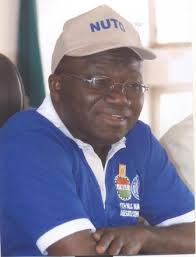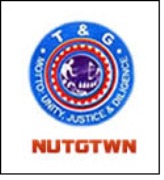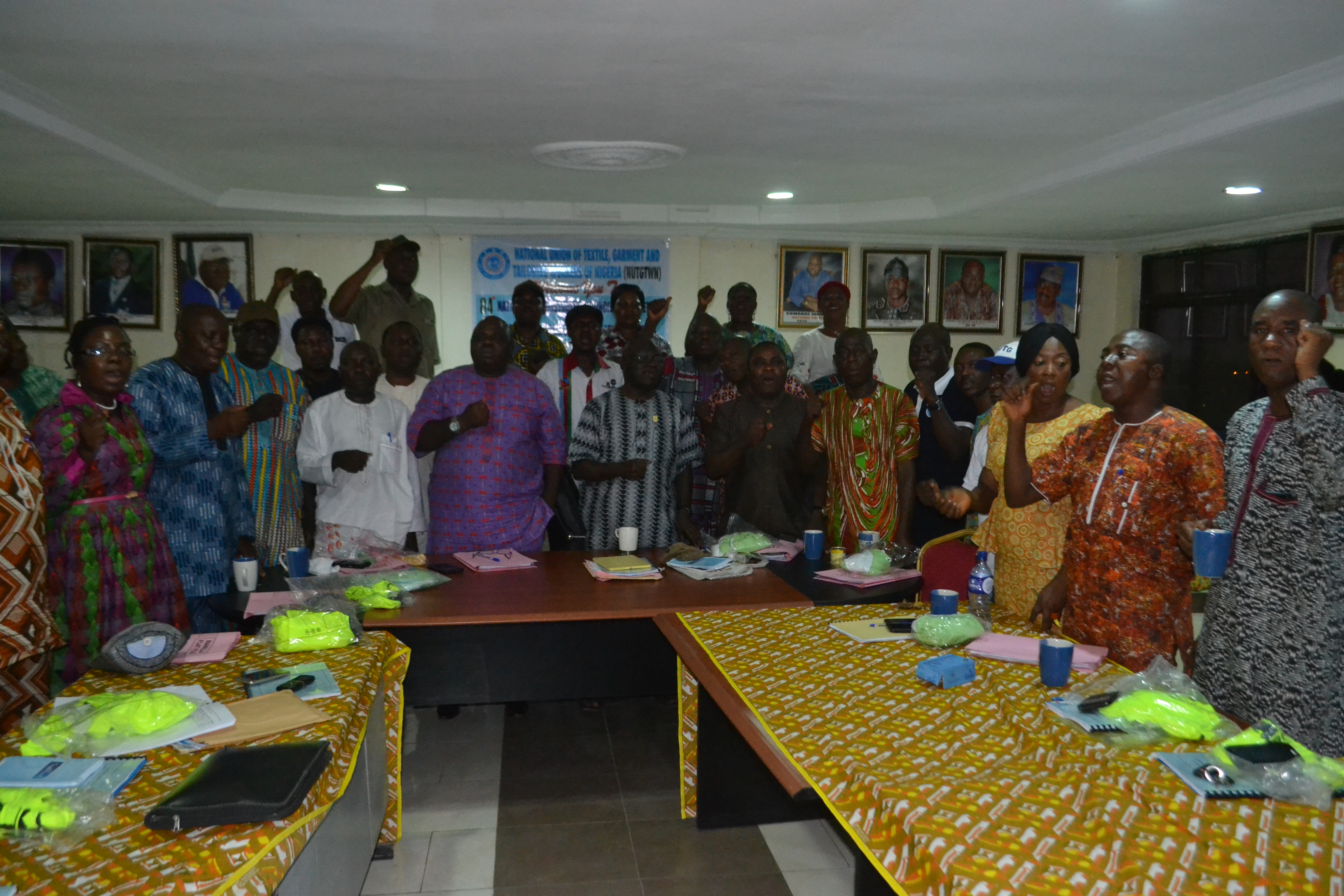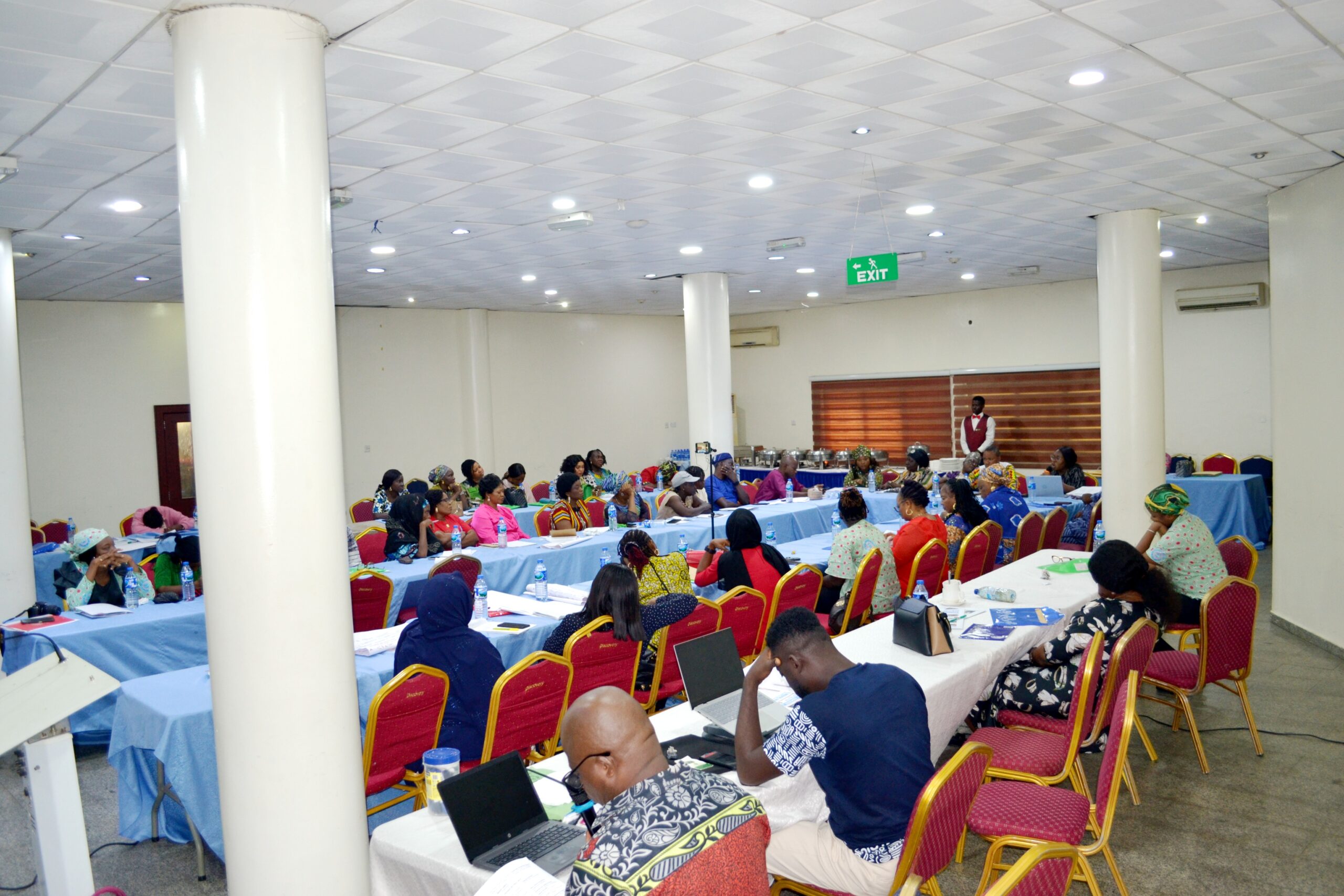
Indeed I say to the glory of Mighty Allah, “Change Begins With Me” – President Buhari
Taking something from one man and making it worse is plagiarism” – George A. Moore
What a change process that starts with an apology? Or better still what an apologetic change process? Barely a day after President Muhammadu Buhari made the historic “Change Begins With Me” campaign speech, the presidency has “apologized” for unacceptably plagiarizing President Barack Obama’s 2008 victory speech promising to punish “those responsible”. I had almost concluded by reflection commending the brevity of the less than 1000 presidential word count, on the repackaged War Against Indiscipline (WAI) campaign. For one, in recent times President Buhari’s speech was refreshingly brief and saved readers/listeners alike the burden of information overload that often goes with Presidential speeches in this country. It reminds me of the late Yar’ Adua’s commendably brief speech!
Many Presidents have long acted fake philosopher-kings interpreting Nigerian reality. I was delighted to listen to Buhari’s short speech as departure from the recent information overload. The hope was that the Buhari’s speech would usher in a climate of minimum presidential words and maximum presidential policy actions. Until the scandalous discovery that the most sensible paragraph of the speech was not made in Nigeria afterall but in Oval Office ala Obama.
Witness this; “We must resist the temptation to fall back on the same partisanship, pettiness and immaturity that have poisoned our country for so long.” So much for the presidential sermons on the need for “core values” that preclude originality and inadvertently shamelessly drags Nigeria and Nigerians back to a speech made by president Obama almost a decade ago! Ironically President Buhari had admonished that “Every one of us must have a change from our old ways of doing things, we cannot fold our arms and allow things to continue the old way.”
President Buhari is not only drawing on the fountain of old sayings of a lame duck American president but (no thanks to “a Deputy Director” in the Presidency!) without acknowledgement. It is significant that this campaign takes place at a time of a renewed national commitment to revive manufacturing sector, by President Muhammadu Buhari. Textile industry is a strategic non-oil labour intensive industry capable of creating millions of direct and indirect jobs, as part of the job-creation agenda of President Buhari administration. So far President Buhari has demonstrated official commitment to the revival of the textile and garment industry as part of the diversification of the economy. The Vice President of Nigeria, Professor Yemi Osinbajo in April 2016 inaugurated the Implementation Committee on national Cotton, Textile and Garment (CTG) policy made up of all critical stakeholders and chaired by the Honourable Minister of State, Federal Ministry of Industry, Trade and Investment, Mrs. Aisha Abubakar. This campaign provides the platform for stakeholders to further deliberate on the practical recommendations of the CTG policy for immediate implementation aimed at complementing the revival efforts of the Federal government. As part of change let …..there be light. There can be no industrialisation without uninterrupted electricity. In this regard the private sector is a major stakeholder. Indeed when the campaign succeeds, it will impact heavily on the private sector. A punctual, diligent and hardworking staff can only be of benefit of not just himself or herself or the organization they work for but to various governments whether at local, state or Federal level.
Nigeria products are not inferior. They are of good quality. Many Nigerian textile mills have won national and international quality awards. Government should patronage Made-in-Nigeria textiles for uniforms for schools, Military and para-Military organisations. It will be nice to see President Buhari, his Vice and Ministers wear made in Nigeria officially in office. Afterall the President has said; “before you ask ‘where is the change they promised us’, you must first ask how far have I changed my ways ‘what have I done to be part of the change for the greater good of society’.
The key to reduction in prices of domestic fabrics does not lie in exposing domestic products to unfair imports but in lowering domestic cost of production by providing cheaper and efficient infrastructure and initiating industry-friendly policies such as reduction of interest rate among others.

General Secretary








